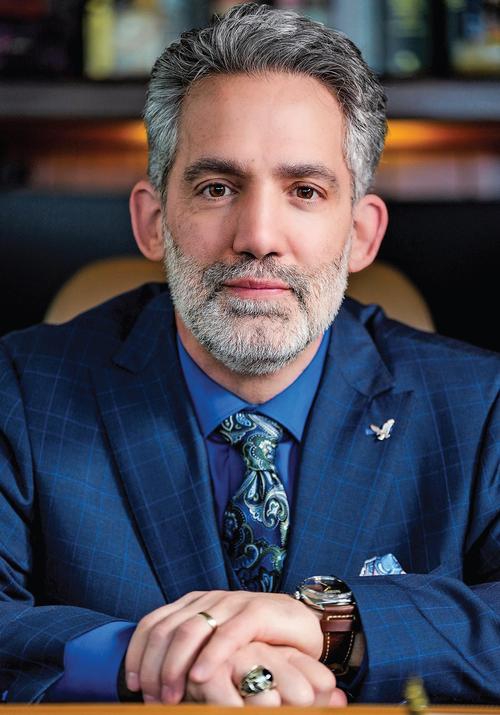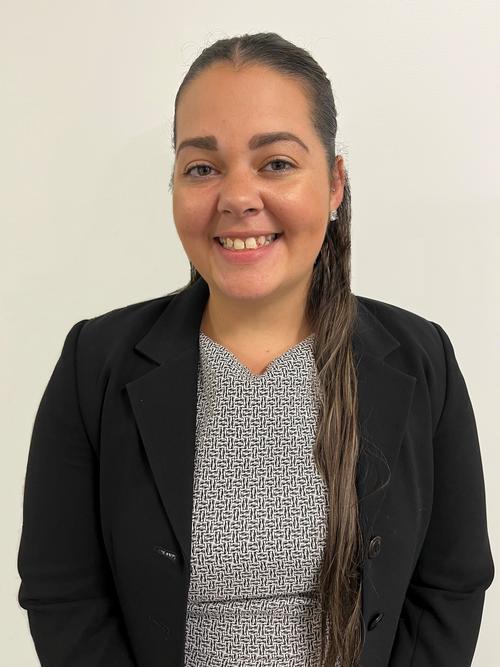Nursing homes are designed to be safe care facilities, with patient well-being as a main priority. However, many nursing home patients experience abuse or neglect—and, according to the National Center on Elder Abuse (NCEA), a patient exposed to abuse has a 300 percent higher chance of death. One critical element when caring for the elderly is adequate hydration. Without water, a patient may suffer headaches, decreased kidney functioning, or severe cramping.
Nursing Homes and the Increased Risk of Dehydration
Nursing home caretakers face a unique challenge in keeping their patients hydrated. Nursing home residents take medications that make them urinate more frequently, suffer from diarrhea, or sweat more. Additionally, some patients may suffer from dementia and forget to drink water, or they may feel embarrassed about incontinence and fail to hydrate adequately. However, caretakers must be watchful for the following signs of dehydration and take action to keep patients healthy:
- Dry, sticky mouth
- Yellow urine
- Cramps
- Headaches
- Weakness or irritability
- Low blood pressure
- Bloated stomach
- Chapped lips
- Dry or cracked skin
- Shallow, quick breaths
Untreated dehydration can result in kidney problems, worsened diabetes, bedsores in immobile patients, and even death. Thus, it’s important that caretakers take action when they see the signs and offer water regularly throughout the day, increase water intake for higher-risk patients, and monitor patients carefully.





